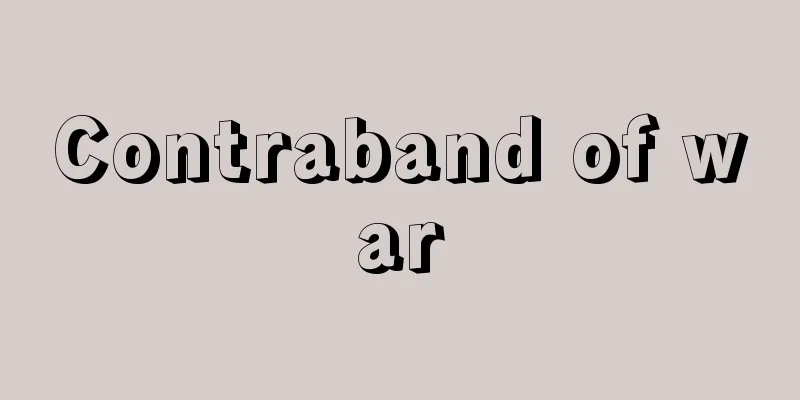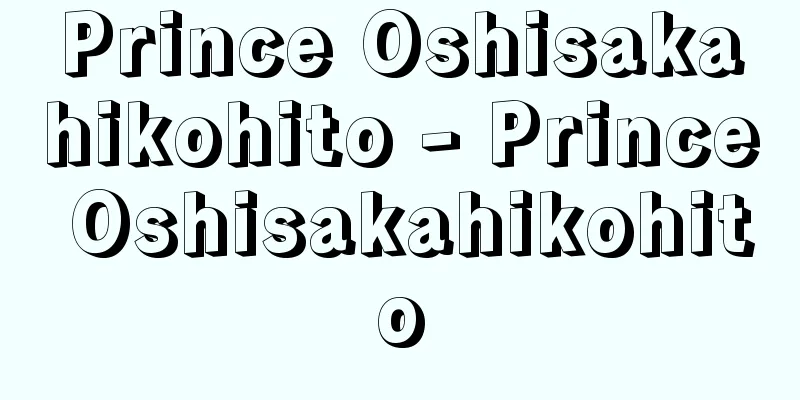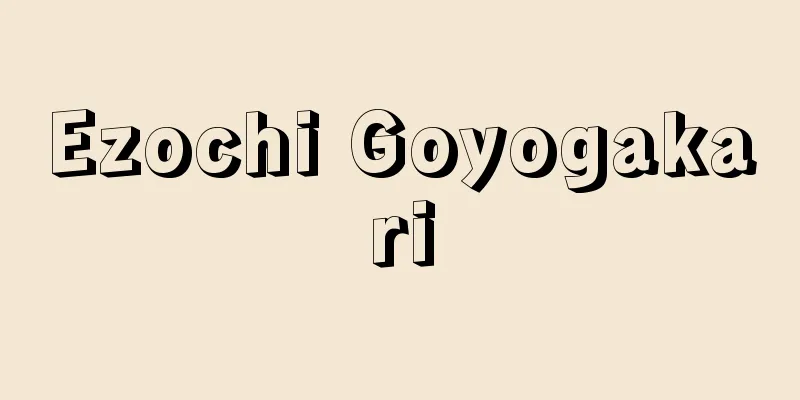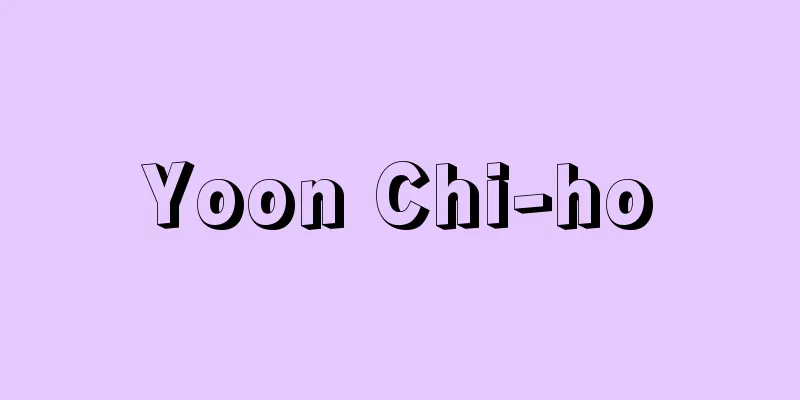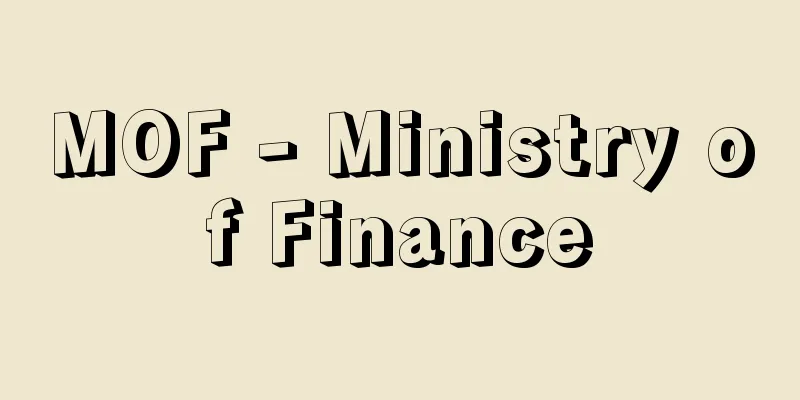Carl Gustaf Emil Mannerheim
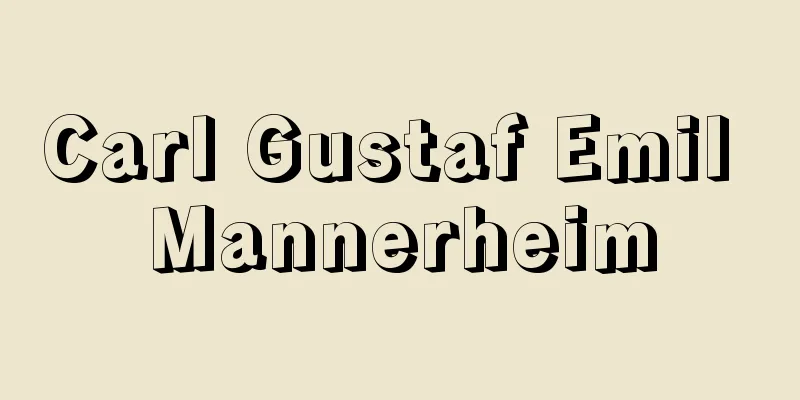
|
Finnish field marshal and politician. 6th president. His father was a count and a businessman. He was promoted to a high position in the Russian army as a soldier. He also participated in the Russo-Japanese War as an intelligence officer. He returned to Finland after the October Revolution. Finland gained independence from Russia in 1917, but in the Finnish Civil War in 1918, he was given command of the White Guards and suppressed the Red Guards. He later resigned from his post due to the government's pro-Indian policies, and visited Western countries, working hard to improve relations. At the end of 1918, he was elected regent and approved the proposal to transition to a republic. In the first presidential election the following year, he was defeated by Storberg. He retired from central politics for a while. In 1931, he became chairman of the National Defense Council. However, his proposal to increase the military was not realized. During negotiations with the Soviet Union in 1939, he advocated flexibility due to the lack of military equipment, but the government maintained a hard-line stance with the support of public opinion, and negotiations with the Soviet Union broke down. He served as commander-in-chief in the First (1939-1940) and Second (1941-1944) Soviet-Finnish Wars, but did not take part in the German invasion of Leningrad. When President Risto Heikki Ryti (1889-1956) resigned in 1944 at the request of the Soviet Union, he ended the war as the successor president. Having difficulty dealing with the aftermath of the war, he resigned in 1946. He later worked on writing his autobiography in Switzerland, where he died. [Kenichi Tamao] [References] | | |Source: Shogakukan Encyclopedia Nipponica About Encyclopedia Nipponica Information | Legend |
|
フィンランドの元帥、政治家。第6代大統領。伯爵で実業家の父をもち、軍人としてロシア陸軍内で高位に昇進。日露戦争にも情報部門で参加。ロシア十月革命後帰国。フィンランドは1917年にロシアから独立するが、翌1918年のフィンランド内戦では白衛軍の指揮権を任され赤衛軍を鎮圧。のち政府の親独策とあわず辞任し西側諸国を歴訪、関係改善に尽力した。1918年末、国の執政に選出され共和制移行案を承認。翌1919年の第1回大統領選挙ではストールベルイに敗北。しばらく中央政界から引退した。1931年国防評議会議長に就任。しかし彼の軍備増強案は実現されなかった。1939年の対ソ交渉時には軍備不足から柔軟性を主張したが、政府は世論を背景に強硬姿勢を崩さず対ソ交渉は決裂。第一次(1939~1940)、第二次(1941~1944)のソビエト・フィンランド戦争で総司令官を務めたが、ドイツ軍のレニングラード進攻作戦には加担しなかった。ソ連の要求により、1944年大統領リュティRisto Heikki Ryti(1889―1956)が辞任すると、後任大統領として戦争を終結させる。戦後処理に苦慮し1946年辞任。のちスイスで自伝執筆等に従事、その地で客死した。 [玉生謙一] [参照項目] | | |出典 小学館 日本大百科全書(ニッポニカ)日本大百科全書(ニッポニカ)について 情報 | 凡例 |
>>: Mannesmann [company] - Mannesmann
Recommend
track and field
…Its distinctive feature is that it does not simp...
Minas Oil Fields - Minas Oil Fields
Located in central Sumatra, Indonesia, this is th...
Tamatsushima
Located in the southern part of Wakaura, Wakayama...
Promontory
…The construction was carried out by groups of wo...
Trinity - Sanshintai (English spelling) Trimūrti [Sanskrit]
A Hindu doctrine that Brahma, Vishnu, and Shiva ar...
Bektorsh Cult - Bektorsh Cult
A Turkish mystical sect. Its founder, Ḥājji Bektās...
Stone for sitting on
These stones are said to have been sat on by gods,...
Facial nerve intermedius - Facial nerve intermedius
…The secretory and gustatory nerves are sometimes...
The twelve imperial sen coins
A general term for the 12 types of copper coins i...
Distoma
...The first two include those that parasitize fi...
Sannohe [town] - Sannohe
A town in Sannohe County in the southeastern part ...
Polygonum indica - Polygonum indica
An annual plant of the Polygonaceae family (APG c...
Guinea pig
〘Noun〙 (marmot)① A mammal of the Caviidae family. ...
Apostilbu - Apostilbu
...That is, 1sb=10000cd/m2. Other units of lumina...
Kapsa Neolithic Culture
…In the Eastern Rift Valley of East Africa, there...

